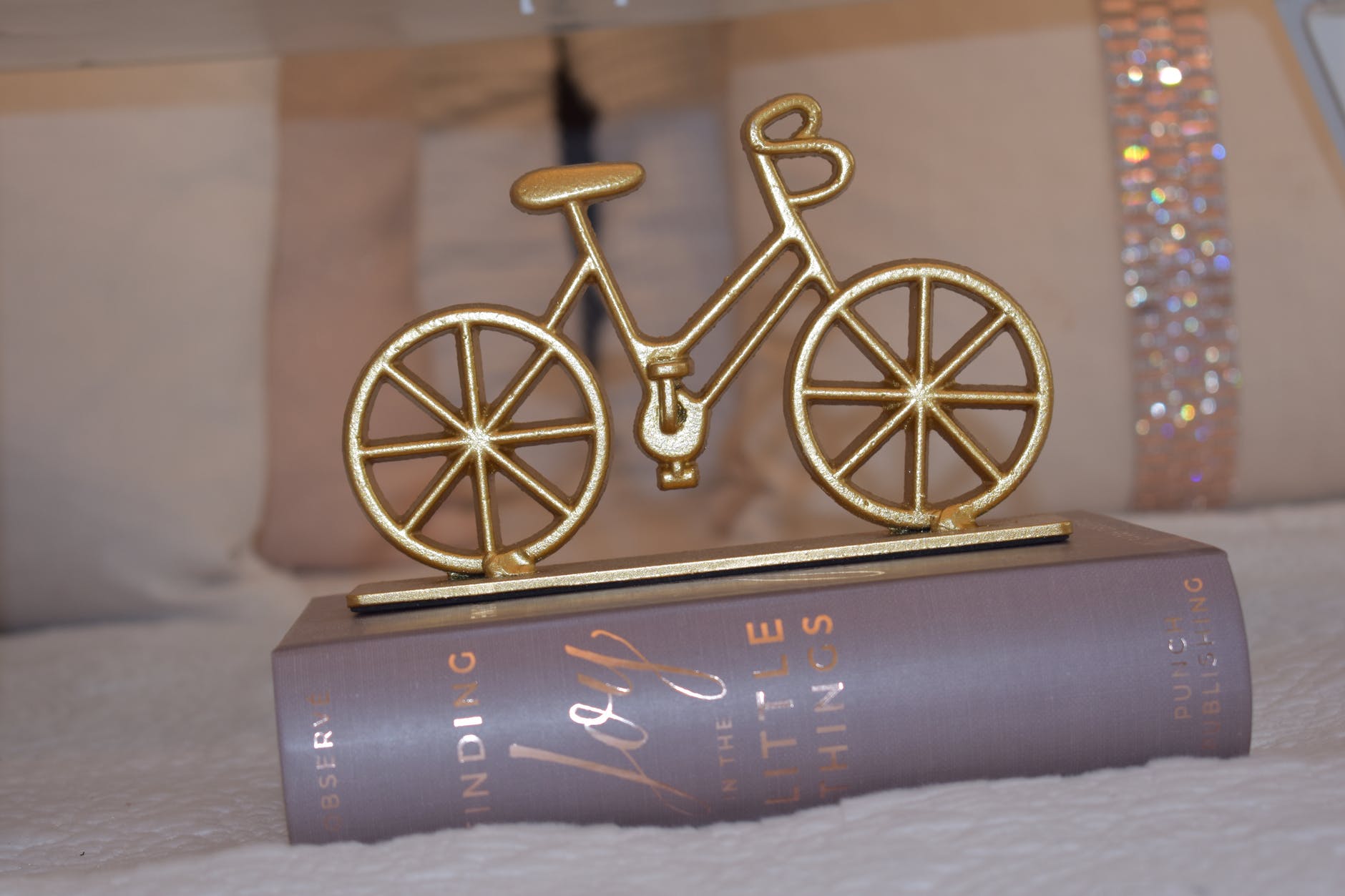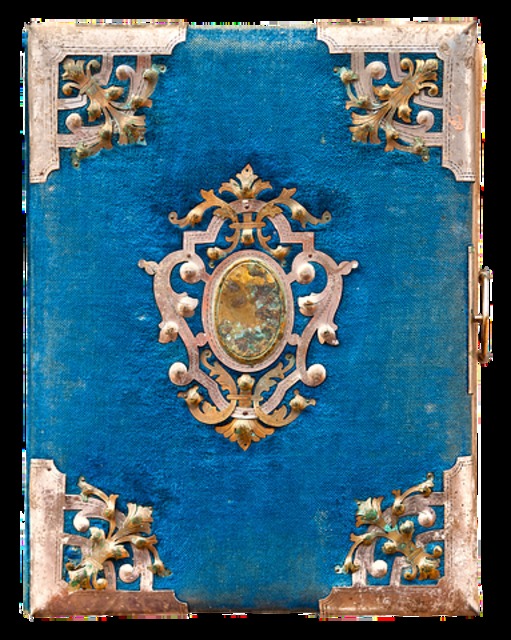Facebook – General
Sent off a story submission tonight so pleased with that. Had drafted the story a while ago but wanted to leave it to one side and come back to it with a fresh eye. The voice of my character comes through loud and clear!
This piece is just under 1000 words, which is LOADS compared to my favourite 100-worders! But that is a major joy of flash fiction – it has divisions within it and there is nothing to stop you sticking to one type or mixing and matching. I like the latter approach.
Sometimes a character does need to be “let off the leash” for a longer distance and that was the case with this story.
Whenever I watch/listen to an adaptation, whether it is a panto, a play or a novel turned into a TV series, am I looking for a word-to-word faithful rendition?
No! What I am looking for is the adapation to be faithful to the spirit of the original book, play or what have you. There is also a strong reason to adapt, say, fairytales for pantos and the like, given so many of the original stories are far too grim (some pun intended!) to be staged exactly as they were originally written.
I want the characters to be recognisable as the ones the original author created. I don’t like mish-mashes of characters, as can happen. Those never seem real to me, precisely I think because now I can spot the joins!!
Am looking forward to sharing my CFT post as it will be a review of a recent panto put on by The Chameleon Theatre Group. The style I’ve used for this one is a bit different too but suits the material well. More on Friday! (I think we need pantos in January given it seems such a long month and the weather’s generally awful or cold or both).
Making good progress with the novel. Am “brewing ideas” for a story competition (deadline end of March) so plan to start outlining hopefully later this week/over weekend.
Also hope to finalise third flash fiction collection in the next couple of months. The material is pretty much all there now but it needs a darned good edit! Mind, there is nothing I write (with the possible exception of the annual holiday note to the milkman) that DOESN’T need a darned good edit!
I discuss impact in my turn on the More Than Writers’ blog spot from the Association of Christian Writers.
I look at the impact I hope to achieve in the stories I write by deciding in advance what I’d like that to be and then selecting the words to best achieve that. The rest, of course, is down to the reader. You can put down the pointers but it is up to reader if they “run with them”.
Having said that, I have found thinking about impact like this means I’m trying to engage with readers from the outset. It also stops me going off at unhelpful tangents (and that is too easily done!).
Facebook – From Light to Dark and Back Again
Looking ahead to some of the writing prompts coming up in my diary, there are some promising thoughts for new flash fiction stories. Some of the prompts are asking for character studies (with some being based on a specific name. I’ll have fun with that when I get to the week for that one. A name is just a peg after all. It’s what you do with the peg that matters!).
There are also some word association prompts. That will be fun too. A great way to allow yourself to go off at tangents to generate further story ideas. I love playing with words like that.
One huge advantage to writing flash fiction is it can give you a way of getting work out there while working on a much longer project, such as a novel.
I’m happily revisiting a novel of mine and using the editing skills writing flash fiction has given me. This should sharpen the novel up and I hope give it a better chance “out there” when I’m ready to submit it.
Naturally, this is going to take time but when not working on that, having flash fiction stories on the go is a great way of building up publishing credits and so on. I hope all of that will prove useful with regard to the novel later on. Watch this space, as they say!
One of the hardest things to do is cutting out a character you love but you know doesn’t really fit into the story or novel you’re writing. At one time you thought they did, that’s why they were there at all, but you have come to realise, often on repeated reading, that they’re not doing that much and if you cut them out, they wouldn’t be missed. (By anyone other than you naturally). Of course they’ve GOT to go but it seems such a shame…
Well, have you thought about seeing if you can write some flash fiction for them? Waste not, want not and all that. If a character can’t justify a full length story, can they be useful in a much shorter piece?
Food for thought I hope!
Linking on from my theme of impact which I discuss in my monthly spot on More than Writers (the Association of Christian Writers’ blog), flash fiction has the huge advantage that its impact is immediate. It has to be.
That doesn’t rule out having “big themes”, far from it, but in a flash fiction story, you touch on them briefly and leave the readers to ponder on them.
I love this when I read flash fiction by other authors. I like being given the room to think on the impact of the stories I have just read. When a piece really inspires me, I look at how I think the author achieved that and learn from this. One shared joy of reading and writing is there is always something to learn to add greater enjoyment to what you read/help you improve your own writing.
- Now that is some serious shelving! Pexels image.
- Another of my stories made it into this collection. Image taken by Allison Symes
- Another flash fiction piece of mine is in here. Pixabay image.
- My flash fiction collection. Image taken by Allison Symes.
- Love that clock. Pexels image.
- This is the first solely ebook compilation I’ve had work in – cover photo from Bridge House Publishing.
- I was in this Bridge House anthology. Picture taken by Allison Symes
- Books should keep you gripped and that is down to the characters. Image via Pixabay
- My first story appeared here. Photo taken by Allison Symes
- Now that is what I call impact! Pixabay image.
- Great characters will engross you. You will lose time reading their stories. Image via Pixabay.
- It is a great joy to be published by Cafelit online and in print. Picture taken by Allison Symes
Goodreads Author Blog – Delving into the Past
Delving into the past has great connotations for readers and writers alike.
Firstly, there is the whole range of historical books to explore – fiction and non-fiction. Then there’s the delight in exploring your favourite historical eras and discovering ones you hadn’t known much about.
For me, coming across Josephine Tey’s The Daughter of Time was one of those moments when a book really does change things for you. It completely altered my views on Richard III. Do check out the book and see if it does the same for you!
Secondly, there is the joy of rediscovering the stories that were favourites of yours in your own past. I’ve done this recently by, of all things, going to a panto and revisiting a story I’d not read in years – Ali Baba. The panto was great but the story reminded me that fairytales are anything but twee and when justice is served, it is usually with a very rough edge!
Other books connected to my past are my late mother’s Dickens collection. Some I’ve read, others not, but I do know I’m not running out of reading material any time soon! This is a VERY good thing!
So if you are stuck for something to read (I know, perish the thought!), delve into your past and look again at wht you used to read. Why did you stop reading that? Is it a question of going, say, from “childish” fairytales (though I’d argue fairytales are anything but childish) to more adult magical realism and fantasy stories?
Above all have fun delving into your literary past and see where it takes you now!


































































































































































































































































































































































































































































































































































































